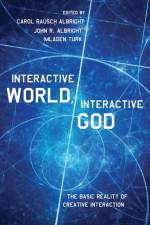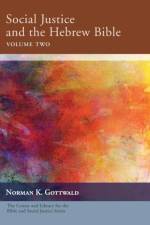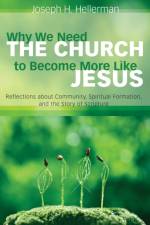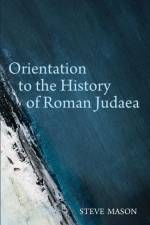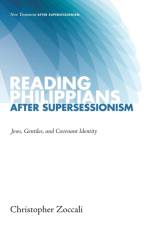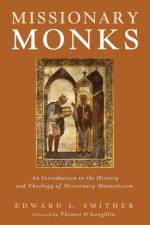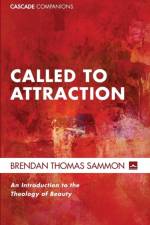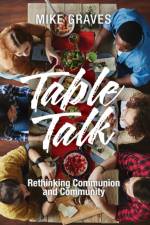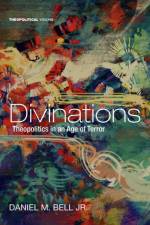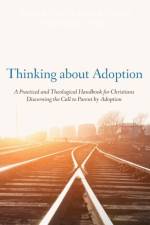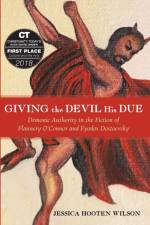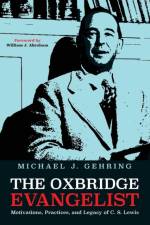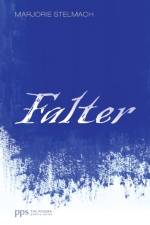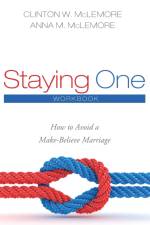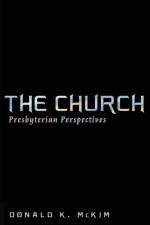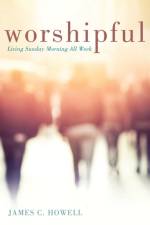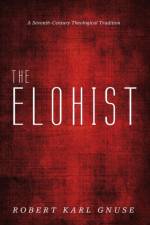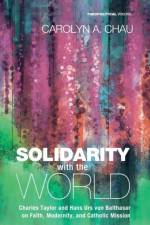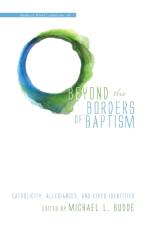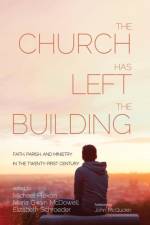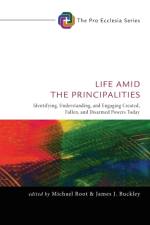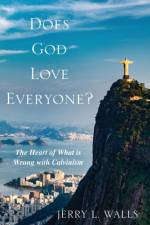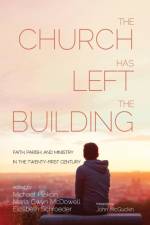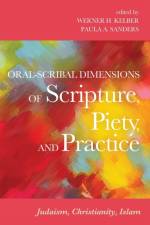755
People worldwide find themselves part of overlapping communities of identity and belonging--racial, political, cultural, sexual, ideological. Some identities, like brand loyalties, are chosen; some, like class identity, are imposed.As followers of Jesus Christ, those called to live iln between the age that is and the age to come, Christians ask what it means to be part of the body of Christ, God's new creation from among the nations, in a world filled with other nations. ""Who--and whose--are we?"" There is no easy answer, no time at which Christians got it completely right. Yet such questions must be addressed, and the stakes are high. Matters of war and peace, exclusion and inclusion, who starves and who does not, the credibility of the gospel itself--all are caught up in the whirl of identities, allegiances imposed or refused, and questions about what ""the church"" might possibly mean in such circumstances.In this book, a distinguished group of scholars from five continents asks, ""How can the church respect the diversity of its members--many nations, cultures, and communities--while maintaining a coherent witness to the kingdom of God that is not undermined by more parochial ideologies or priorities?""Chapter Contributors:Braden AndersonMaria Clara Lucchetti BingemerMichael BuddeMatthew ButlerWilliam CavanaughJose Mario FranciscoPeter GaladzaStanley HauerwasDaniel IzuzquizaSlavica JakelicPantelis KalaitzidisEunice Karanja KamaaraEmmanuel KatongoleDorian LlywelynMartin MenkeAgbonkhianmeghe E. OrobatorA. Alexander Stummvoll

